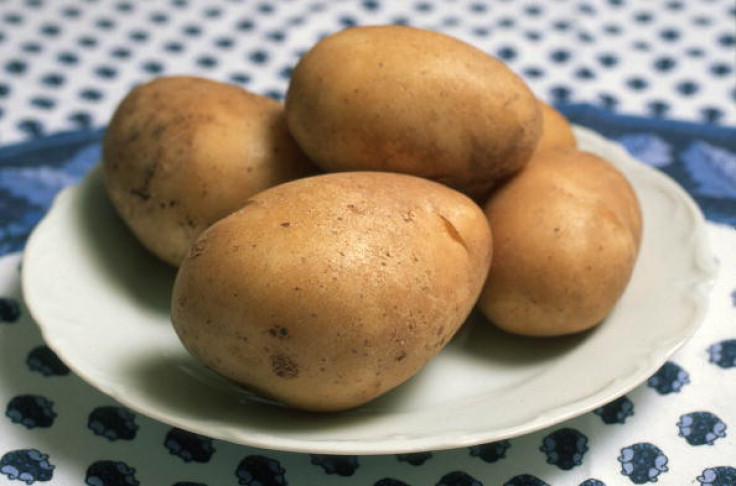Nasa to grow potato in Peru to simulate growing them on Mars

Nasa will begin testing a variety of potatoes to determine whether they are fit to grow on Mars. The potatoes will be grown in lab in soil from a section of Atacama Desert in southern Peru.
The soil in the La Joya Pampas section of the desert is said to be very similar to that found on the Red Planet. The area is considered one of the driest places on earth.
The pioneering experiment will see the cultivation of as many as 100 varieties of potatoes on 100kg of the desert soil that will be transported to the laboratory of International Potato Centre (CIP), the space agency's partner in the joint project, in the Peruvian capital, Lima. The tubers will be subjected to extreme, Mars-like conditions "that could eventually pave the way to building a dome on the Red Planet for farming the vegetable," scientists said.
Of the total 100 varieties, 40 are native to the Andes Mountains and are conditioned to grow in different ecological zones. These can withstand sudden climate changes and reproduce in rocky and dry terrain. The other 60 are genetically modified varieties which can survive with little water and are also immune to viruses.
At the end of the project, scientists aim to select the best variety of potato that will be able to not only grow on Mars, but also reproduce. "We're almost 100 percent certain that many of the selected potatoes will past the tests," Nasa's astrobiologist Julio Valdivia Silva said, according to AFP.
Scientists at CIP, a research firm working towards eradicating hunger, hope that the experiment will also help address the food security issues on Earth. "We must be prepared for the future," virologist Jan Kreuze said, adding that the test will help them in identifying varieties suited to growing in adverse conditions.
The experiment will take one to two years to show the result, Valdivia said. The experiment is part of Nasa's plan for space farming to serve manned missions in future. Scientists have already succeeded in producing lettuce, the first crop to be grown aboard the International Space Station. Last month, astronauts grew the first flower in space - an orange zinnia.
© Copyright IBTimes 2024. All rights reserved.






